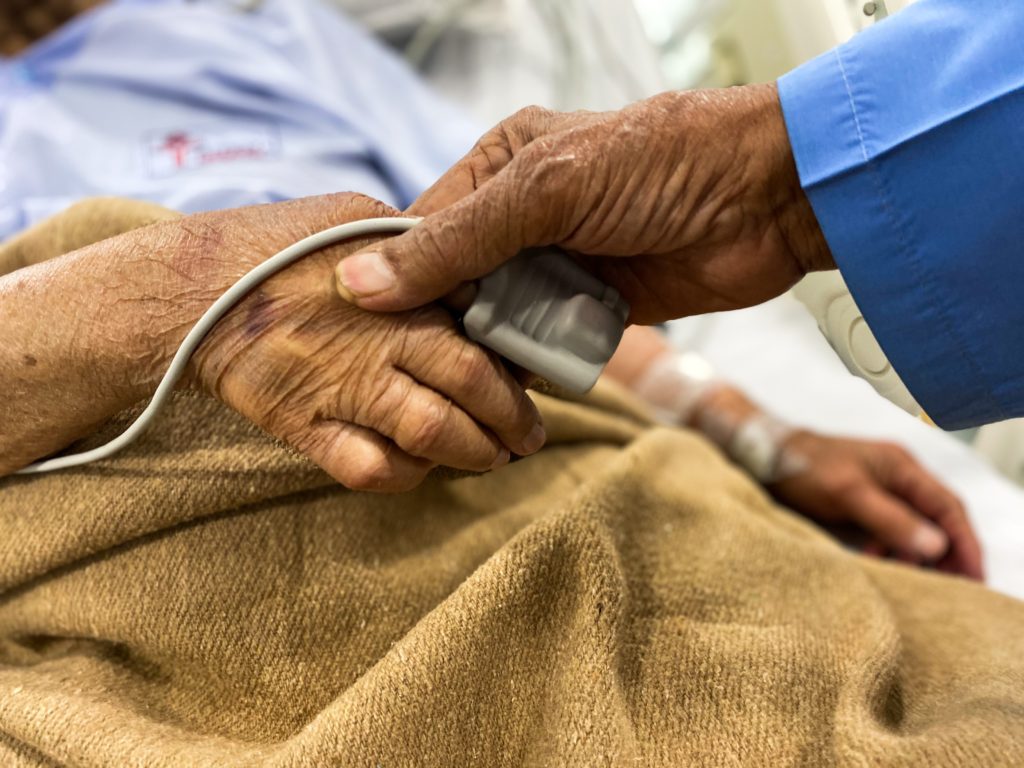Investors recently poured $25 million into a start-up durable medical equipment (DME) provider, Tomorrow Health. Primarily serving the home-based market, the company’s reach includes hospice and palliative care providers, even as DME demand is anticipated to climb.
Based in New York City, Tomorrow Health uses a data-driven platform to connect DME suppliers with payors and health care providers. Partnering with Medicare B and commercial health insurers, the company’s platform matches providers, patients and their families with DME vendors based on details such as insurance coverage, service quality data, geographical location and area of medical equipment product specialization. DME such as hospital beds, oxygen equipment, blood pressure monitors, and wheelchairs are commonly used in hospice and palliative care.
Tomorrow Health’s platform includes more than 3,000 Medicare billing codes. The company supplies DME in partnership with a range of vendors to more than 125 health plans across 29 states.
“One size does not fit all in health care or medical equipment. It is essential that patients receive equipment tailored to their conditions with speed and reliability,” said Vijay Kedar, co-founder and CEO of Tomorrow Health, during a recent announcement.
Tomorrow Health received the first series of funding with a $25 million investment led by California-based Andreessen Horowitz, a private venture capital firm commonly known as “a16z.” The firm invests in both early-stage start-ups and established growth companies. It largely focuses on investing in companies across consumer-driven markets, including health care, and has nearly $16.6 billion in assets under management across multiple funds.
The initial round of investment series includes participation from other venture capital entities such as Obvious Ventures, BoxGroup and Rainfall Ventures, as well as former executives from health insurance giants Humana (NYSE: HUM) and the BlueCross BlueShield Association and investor-owned health care services company Tenet Healthcare (NYSE: THC).
The aging population in the United States has grown rapidly in recent years. More than 617 million adults were 65 and older in 2015, according to a 2018 U.S. Census Bureau report, which projected this demographic would grow to roughly 1.6 billion by 2050. Hospice utilization tipped just above 51% among Medicare decedents for the first time in 2019, according to the Medicare Payment Advisory Commission, with rates continuing to climb.
“From a population health standpoint, there are few areas of greater importance than the safe transition of patients to home-based healthcare,” said Roy Beveridge, former Humana Chief Medical Officer.
Tomorrow Health’s infusion of cash is indicative of rising investor interest in the home-based care space and associated industries like DME. Private equity hospice transactions rose nearly 25% from 2011 to 2020, according to a report from The Braff Group. Private investors have increasingly honed in on the home health and hospice markets, with demographic tailwinds and rising demand for end-of-life care main forces driving interest.
About 1 in 4 of the country’s seniors use DME in some capacity, according to Tomorrow Health. This is partly attributed to rising demand for medical equipment such as ventilators during the coronavirus pandemic. Spending on DME is anticipated to reach more than $75 billion nationwide by the end of 2021, due largely to the deadly virus’ spread.
A drive toward the home health area is long overdue, according to Julie Yoo, general partner at Andreesen Horowitz. Patients and providers alike have been seeking better ways to navigate what can be a confusing and complicated process of acquiring and maintaining medical equipment in the home in a fragmented health care industry.
“The home health space is still living in the Dark Ages and desperately needs an upgrade,” said Yoo. “[Tomorrow Health] tackles each fragmented step of home health care and connects it all in one place. The platform’s critical technology infrastructure offers increased visibility and value to payers, provides tools for operational efficiency for DME suppliers and saves providers and their staff time spent on coordination so they can focus on patient care.”
Companies featured in this article:
Andreessen Horowitz, BlueCross BlueShield Association, BoxGroup, Humana, Obvious Ventures, Rainfall Ventures, Tenet Healthcare, The Braff Group, Tomorrow Health



